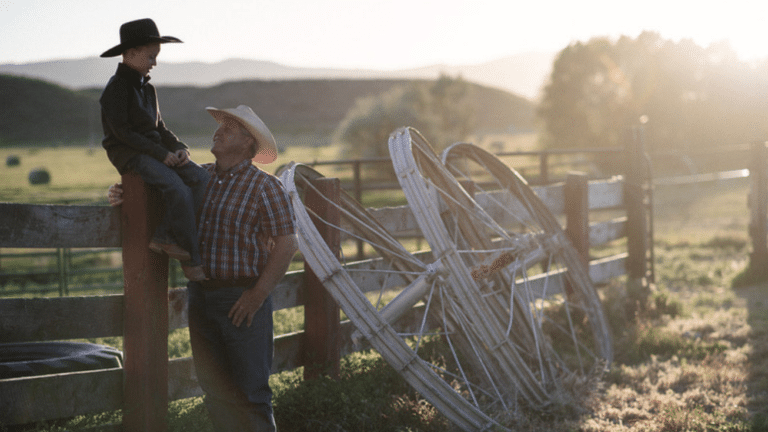Summer Farm Safety: Preventing Heat Stroke on the Farm
Summer farm safety is an important topic.
In addition to farm safety tips concerning tractors, chemicals, and livestock, make sure you look into heat stress prevention tips for farmers as well. Summer is typically one of a farmer’s busiest times, and there is little time or ability to slow down or take a break during the heat of the day. Heat illness in agriculture is a common occurrence, but it can be prevented by following heat safety tips and keeping summer farm safety top of mind.
Heat Stress Explained
The summer’s heat causes health problems when the body’s mechanisms for cooling are interrupted. The body perspires so the sweat can evaporate and cool the body. If a person is dehydrated, their body is not able to produce sweat. Similarly, if the outside air is humid, the sweat cannot evaporate; it sits on the skin and actually increases the body’s temperature. In either instance, heat exhaustion or heat stroke can occur.
Heat exhaustion is marked by cool skin that is pale and clammy, dizziness, headaches, cramps, nausea/vomiting, weakness, confusion, and unconsciousness. It is caused by dehydration and loss of the salts and electrolytes that the body needs to function. Heat stroke is a medical emergency where the body is unable to cool itself at all. Characteristics of heat stroke include skin that is hot and dry, a high body temperature, changes in behavior like confusion or anger, chills, nausea, dizziness, unconsciousness, convulsions, and delirium. Heat stroke could even cause death if not treated.
In both cases, the sufferer should be moved to a cool area, given fluids if conscious, and have excess clothing removed. In the case of heat stroke, it’s advised to try to cool the person by applying cool water to their skin. Lastly, medical professionals should be called in either case.
Summer Farm Safety: Heat Safety Tips
The best treatment for heat exhaustion and heat stroke is to avoid the conditions altogether. Young children, the elderly, and those with health issues are more susceptible to heat stress in agriculture settings. Theses heat safety tips are a good way to avoid heat stroke on the farm:
- Make sure all farm workers and employees know about preventing heat stroke.
- Plan 15-minute breaks in a cooled area or shade for every two hours of work.
- Drink one cup of water for every 15 to 30 minutes working in the heat.
- Avoid eating or drinking caffeine, alcohol, and sugary items because they increase dehydration.
- Wear light-colored, lightweight, loose clothing.
- Schedule strenuous work, or that which requires personal protective equipment, for the morning and evening hours.
- Take a break at the hottest part of the day.
- Gradually adjust to working in the heat.
- Know if your prescriptions and over-the-counter medications might make you more susceptible to heat stroke.
- If you have a chronic health condition, get clearance from your doctor to work in hot and humid environments.
AgAmerica Lending supports the health of the country’s farmer and ranchers. The financial health of your agribusiness is important, but the physical health of those who work the farm is of the utmost importance. If you’d like to discuss the fiscal health of your farm or ranch, contact us today.






